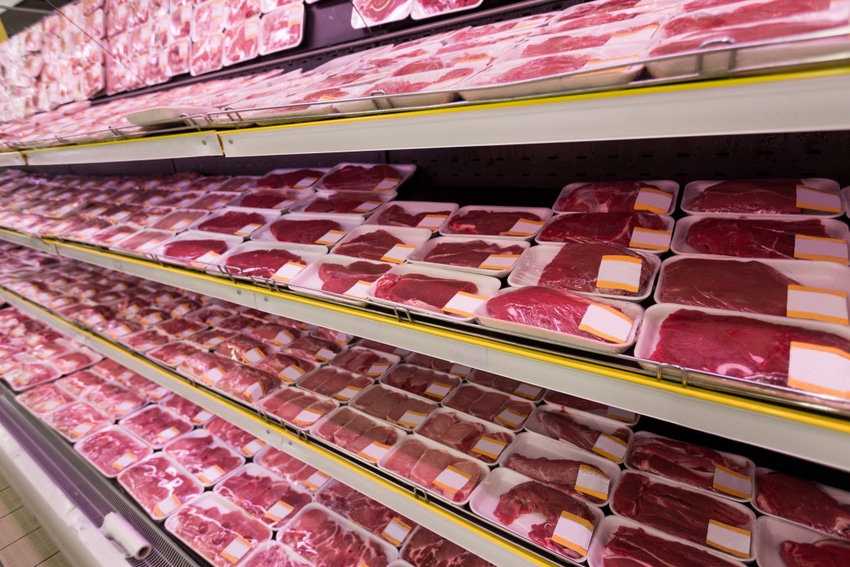Meat Institute: Scapegoating industry does not help consumer
Organization calls out administration for blaming inflationary prices on industry structure.

The North American Meat Institute (Meat Institute) called out Secretary of Agriculture Tom Vilsack this week, saying his “transparent attempts to scapegoat the meat and poultry industry to shift blame for inflationary prices” will not help consumers.
“The administration cannot ignore the fundamental principles of supply and demand,” said Meat Institute President and CEO Julie Anna Potts. “Americans are experiencing firsthand what the Secretary refuses to acknowledge, the effects of COVID and lack of labor are hurting consumers, and nothing proposed by the Secretary of Agriculture on the structure of the meat and poultry industry will help families struggling to pay for groceries.”
After repeated attempts to convey the challenges faced by meat and poultry packers and processors in meeting extraordinary consumer demand to Biden Administration officials, Potts wrote a letter, dated Sept. 14, to Secretary Vilsack. The letter was written in response to Vilsack’s comments at the White House press briefing on Wednesday, Sept. 8.
“The pandemic that began in 2020 and continues today may be the ultimate black swan event. But its occurrence does not automatically mean the system is broken or needs to be torn down and rebuilt. Nor does the fact that the industry has changed, and changed significantly over the past few decades, mean it has changed for the worse,” Potts wrote in the letter.
She continued, “At the press conference, you alleged industry structure caused retail price inflation for meat and poultry products. Yet in a recent report on food prices, the U.S. Department of Agriculture’s (USDA) Economic Research Service (ERS) examined beef, pork, and poultry prices, and never identified industry structure as a price driver.”
Potts challenged the administration to look back and acknowledge the benefits that flow from the food supply chains as they exist before suggesting an overhaul is needed.
“In 2020, according to ERS, Americans spent an average of 8.6% of their disposable personal incomes on food. Indeed, Americans spend less of their disposable personal income on food than any other country in the world. This remarkable drop is attributable largely to systematic efficiencies that allow food processors to offer food to consumers at lower prices.”
To view the full letter, click here.
About the Author(s)
You May Also Like





